Spring allergy sufferers are usually easy to spot. They’re often the ones looking unhappy about the arrival of spring and its beautiful blooms, as well as summer grasses. I get it. It sucks when your face feels irritated with a runny nose and itchy eyes, not to mention the sneezing, foggy-headed fatigue, and scratchy throat. And, it’s even worse when people are worried you might be sick and contagious instead of just miserable with allergies.
While I prefer to treat seasonal allergy sufferers starting at least a couple of months prior to the arrival of their nemesis, it’s not too late. We can still diminish your immune system’s overreaction, but don’t wait too long to come in!
Why do I have seasonal allergies?
Because you’re one of the unlucky 8% of the population whose immune system thinks that pollen is a big deal that needs to be fought. Pollen is made by the male structures of a plant, and it contains the equivalent of plant sperm (you may not have thought of pollen like that before!), essential to the reproduction of new plants. Since a plant can’t walk around, it has evolved to find ways to transport its pollen to other plants, with some plants–like ragweed, alder, ash, beech, birch, cedar, elm, maple, oak, pine, and many grasses–having lightweight pollen that can be carried by the wind to land on you or in your nose or eyes, rather than on their intended mate.
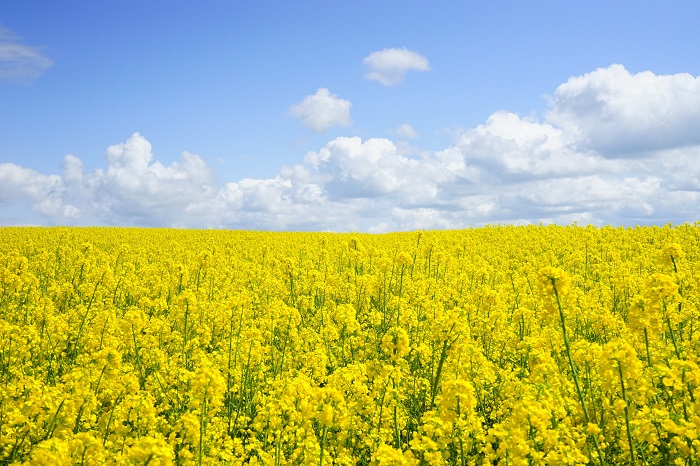
Your immune system, thinking the pollen is a potentially dangerous invader, mounts an immune response.
Step 1: The first time your body encounters the pollen, your white blood cells come into contact with it and mistake it as something needing to be fought. These white blood cells then make IgE antibodies specific to that substance. Your immune system, in its effort to be efficient, is now “primed,” and any time you encounter this specific substance in the future, your body can quickly make these specific IgE antibodies again.
Step 2: These IgE antibodies bind to mast cells and basophils, which are found in the airways, skin, gastrointestinal tract, and around blood vessels.
Step 3: When triggered, those cells then rupture, releasing their chemicals, including histamine.
Step 4: Histamine would normally help your body fight infection by creating an inflammatory response, expanding the blood vessels and speeding up your healing process. But, because of the sudden, large release of histamine, the nearby tissue is irritated and you start to sneeze, get a runny nose, itchy and watery eyes, and scratchy throat.
All because your immune system made a mistake. Oops!
Causes of seasonal allergies
But why do you get allergies and your friend doesn’t? Well, we don’t really know. There may be a genetic link, but that’s TBD (to be determined).
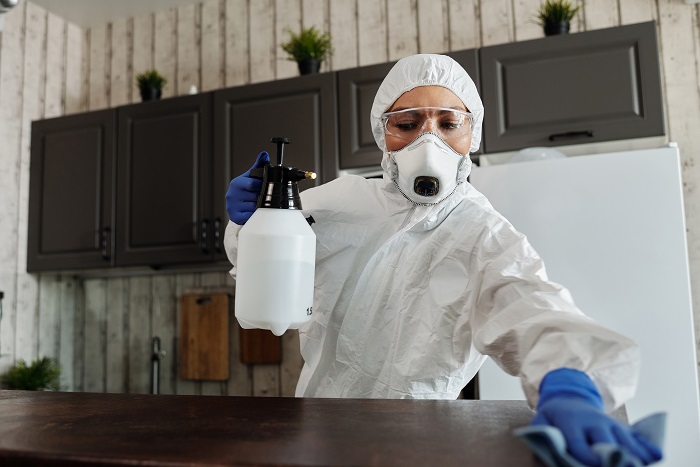
We also hypothesize that we have an increase in allergies in modern day life because we have over-sterilized our environment. This is why (pre-COVID) we had started to recommend decreasing the use of antibacterial products. And then COVID hit, and guess what?!–the use of antibacterial wipes, gels, cleansers, soaps, etc. skyrocketed again. I’m not saying there isn’t benefit to using them sometimes, but regular soap and proper hand washing is better.
When you are out and touching lots of things, using an antibacterial gel can be handy (pun intended), but you should also make more effort not to touch your face (especially your nose, mouth, eyes, and ears–i.e. entry points!).
Another thing you can do to balance things out is to do things to replenish the good bacteria in your body that you destroy when you used antibacterial topicals and antibiotics. Take a good probiotic supplement and/or eat fermented foods. Get your hands in dirt with some gardening or simply playing in the dirt or sand–with your kid or pet, if it feels odd to do so as an adult. 🙂
Is it allergies, a cold, or COVID?
If you have a fever and body aches, it’s not allergies.
If you’ve had allergies in the past, you likely know when it’s allergy season. You can check the pollen count online.
If your eyes are itchy and watery, it’s more likely allergies, not a cold or COVID.
Sneezing, runny or stuffy nose, coughing, fatigue, and headache (from sinusitis and stuffy nose) can be either.
Colds and even COVID run their course faster than allergies, so if you have had symptoms for weeks, it’s likely allergies.
How do I get rid of my allergies?
Well, the good news is that while you can gain a new allergy at any time, you can also get rid of allergies. Some allergies simply stop on their own. But for most hay fever sufferers who live in an area with their pollen triggers, they need to take action to turn the tide.
Reduce Triggers
What that means is, try to minimize your pollen exposure. That can include:
- Wear a mask if you know you’re going to have high exposure, such as when mowing the lawn, dusting the house, spring cleaning the attic, raking the leaves, etc. We’ve gotten fairly used to it anyway, so maybe that practice will come in useful here too.
- Take a shower before bed so that you can wash pollens off your skin and out of your hair before sleeping, so you’re not exposing your immune system to its perceived enemy all night.
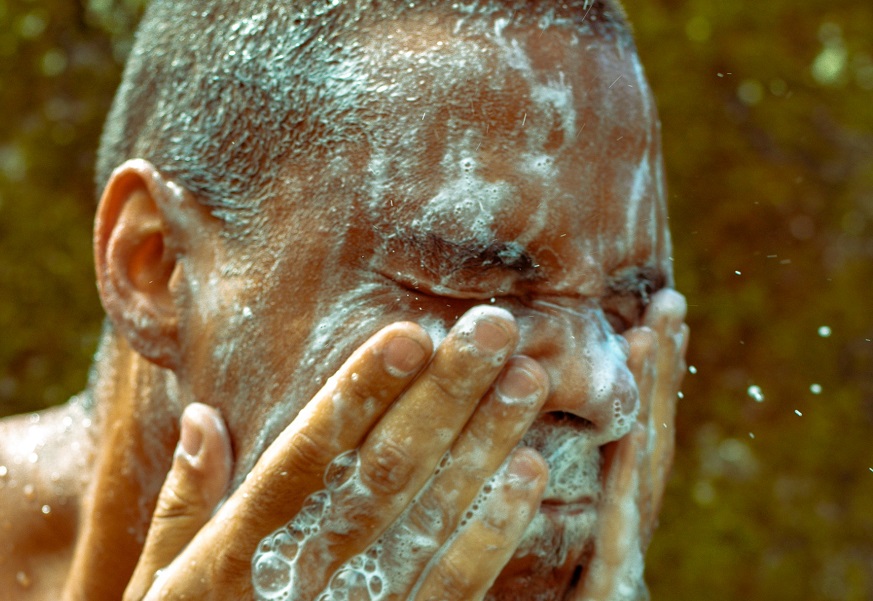
- Do regular nasal rinsing. Use a neti pot or other similar device (I like the Nasaline Nasal Irrigator–it’s an awful name, but it works, even if you are plugged up) to flush out pollen that is sitting in your nasal and sinus cavities, causing you ongoing irritation.
- Brush or wipe your pets before they come indoors, as their fur may hold lots of pollen. You might want to mask when doing this, as you don’t want to inhale all the pollen you are trying to avoid.
- Wash your face and rinse your eyes. I use Similisan Allergy Eyedrops, but you can use other natural tears eyedrops to flush allergens out.
- Avoid going outside between 5-10 a.m., when the plant pollen is most actively released into the environment.
- Use an air purifier in your home and workplace.
Treat Your Allergies
- If your allergies are bad, you may need to use antihistamines, but be mindful that sedation is a common side effect of many, and some people are sensitive. Older adults, in particular, may have more impact on cognitive function, especially for first-generation antihistamines like Benadryl.
- Recognize that you need to work on re-educating your immune system so it doesn’t keep making these mistakes. I use acupuncture, Chinese herbs, supplements, and nutrition to help my patients diminish their allergic responses by supporting whole body systems.
If you have seasonal allergies, I know what it’s like. I have hay fever too. But, with effort I’ve managed to greatly reduce my symptoms (not perfect, but much better). In fact, I see that today the pollen count is “very high” in my area and I’m okay. Let me help you so that you can enjoy the spring and don’t have to be one of those folks who wishes we could head back to December.

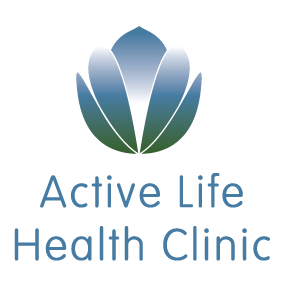
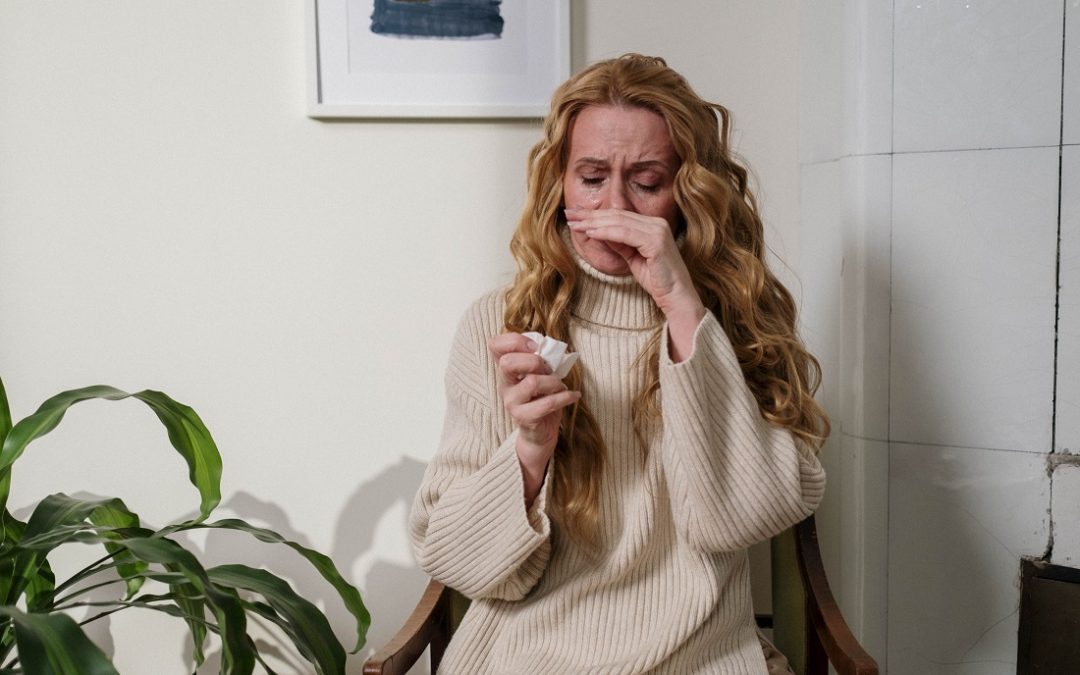
Recent Comments